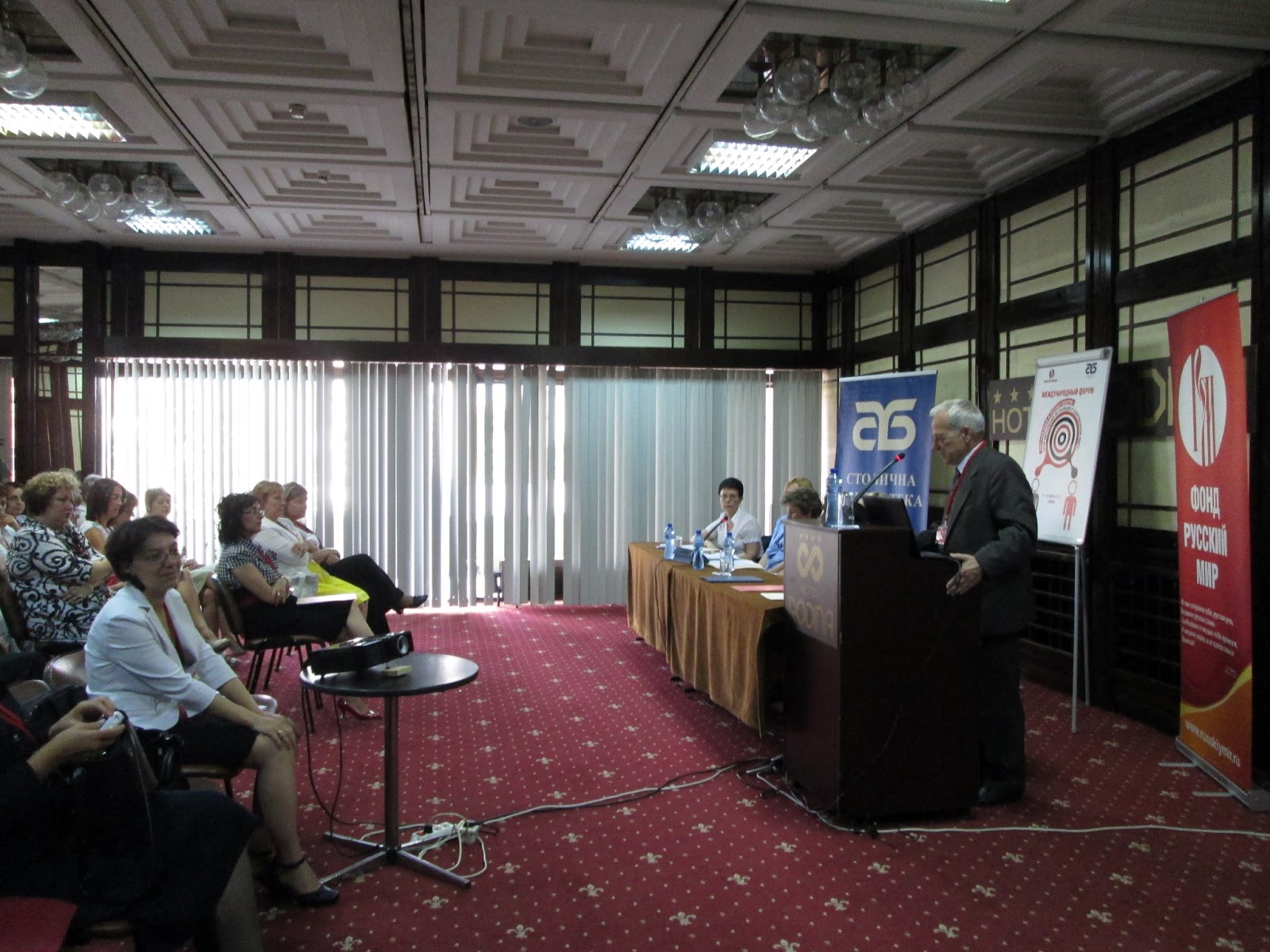I have been observing Marc hanging out in Slaveykov Square opposite our library for a few weeks. He is usually there around lunchtime; sometimes spending time on his own, at other times talking to people; radiating an aura of a long-term traveller; someone coming from a different environment. One day I had to stop and talk to him.
Marc is currently on his way from Portugal to Tibet. He makes all the journey solely by walking, as promised to himself two years ago. He set off from Algarve, Portugal, in April last year (2012), and expects to reach Tibet at the end of next year (2014) - if all goes without interruptions. He is, however, not in a rush, as life on the road is
his way of life now.
*
Up until his late 40s Marc was living a life of a normal Luxembourgish professional, working at a medical laboratory researching into newborns' thyroid gland functions. He liked the job but not the lifestyle, and certain colleagues, putting questions like what brand of car to buy next as central ones to their lives, were driving him mad: "I think I was never made for a normal life".
He had been dreaming about long journeys since childhood; the work enabled him to travel only a fortnight per year. In 2004, taking off all the unused holidays that he had accummulated during the years, Marc went to Tibet & Nepal. There, he made the "now or never" decision to change his life.
Sold his home, bought a motorbike, travelled the world for the next seven years.
In Morocco he fell in love with a local Arab girl. Her health was declining, she needed a surgery. Marc sold his motorbike to pay for the treatment and made a promise: if the girl recovers he will make a pilgrimage to Tibet.
He has been walking for 15 months now. Although she has recovered, chances are, he says, he will never see the girl again.
*
Although not a religious person himself, Marc says he prefers doing the pilgrimage the traditional way, which means living solely off other people's generosity and donations.
Sometimes he has to go for days on end with empty pockets but still prefers his current way of life to the previous one because "a miracle can happen at any time".
"In my previous life I had everything that I needed but I was never happy because I couldn't do what I wanted. Now my life is much harder but I really enjoy it, even in a really bad situation".
His current odyssey was partially inspired by a Spanish guy Marc met during the motorbike trips. The only survivor of a ship accident, the Spaniard was walking the world's pilgrimage sites for nine years.
*
In order to give his long walk more sense, Marc is trying to raise money for a few charities.
Humedica.org, according to him, is similar to the international 'Doctors Without Borders' but "smaller and more serious". The one called
Earthlink works on removing children labour from manufactories in India and China.
The third one,
Braille Without Borders, was established by a blind Dutch girl who travelled to Tibet and created the Tibetan version of the Braille script. The charity tries to empower blind people in developing countries.
Besides the three mentioned above, Marc is fundraising for a few smaller Himalayan foundations - the full list can be seen on his personal website
'MyJourneyToTibet' - as well as the PayPal linkto give a donation to himself.
He claims he might also write a study of people's hospitality in different cultures.
*
He doesn't seem to have any insecurities about people in the countries he is about to cross, even if some of those countries currently are not among the most socially stable. Marc's main worries at the moment are about getting the necessary visas.
The Pakistani visa has already been refused so he needs to find an alternative route for that part of the journey. The border between India and Nepal is currently closed - no one can cross it. The Tibetan visa is not the easiest to get either: sometimes the entrance is banned altogether, at other times it may only be possible to enter Tibet as part of an organised group tour.
He has been stuck in Bulgaria for about a month now, waiting for a bank card to arrive. Although he regrets not being able to progress with the journey, he nevertheless enjoys meeting new people. On 26 June he even became a star of the local TV programme
BNT Taxi.
*
Next, the walk should continue through Greece, Turkey, Iran.
The arrival to Tibet will probably be completed with a visit to the holy Mount Kailash, and then six months' work at a Tibetan community in India. "I have no plan at all to go back to Luxembourg. I think I will continue my adventures, or the crazy life, however people call it".
 |
| Marc thinks it should be compulsory for everyone to do a year of
pilgrimage as part of their education. For example, a year of university
could be replaced with a year of such travelling. "That would be a
nice, important experience for life. It makes one open-minded, you stop
judging other people, get more tolerant". |
The journey can be followed here:http://myjourneytotibet.com/.
The Facebook page of the journey: https://www.facebook.com/tibet.tenzin.






























